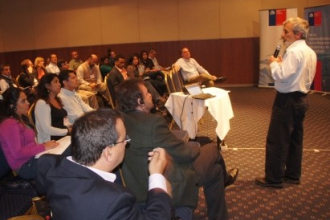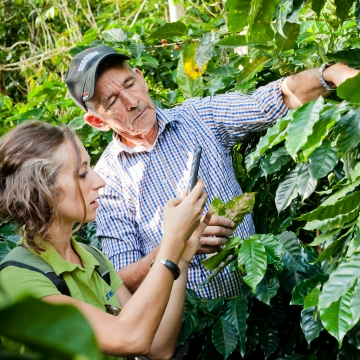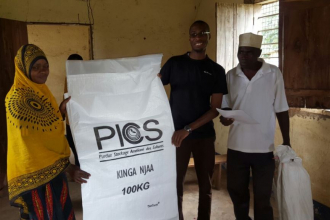
Call for Papers and Policy Works: NENRE-EfD Chile 7th meeting in October! (in Spanish)
Submit your work here: https://bit.ly/3x8uh34 The Seventh Annual Meeting of the EfD Chile center "Research Nucleus on Environmental and Natural Resource Economics (NENRE)", will take place on October…


